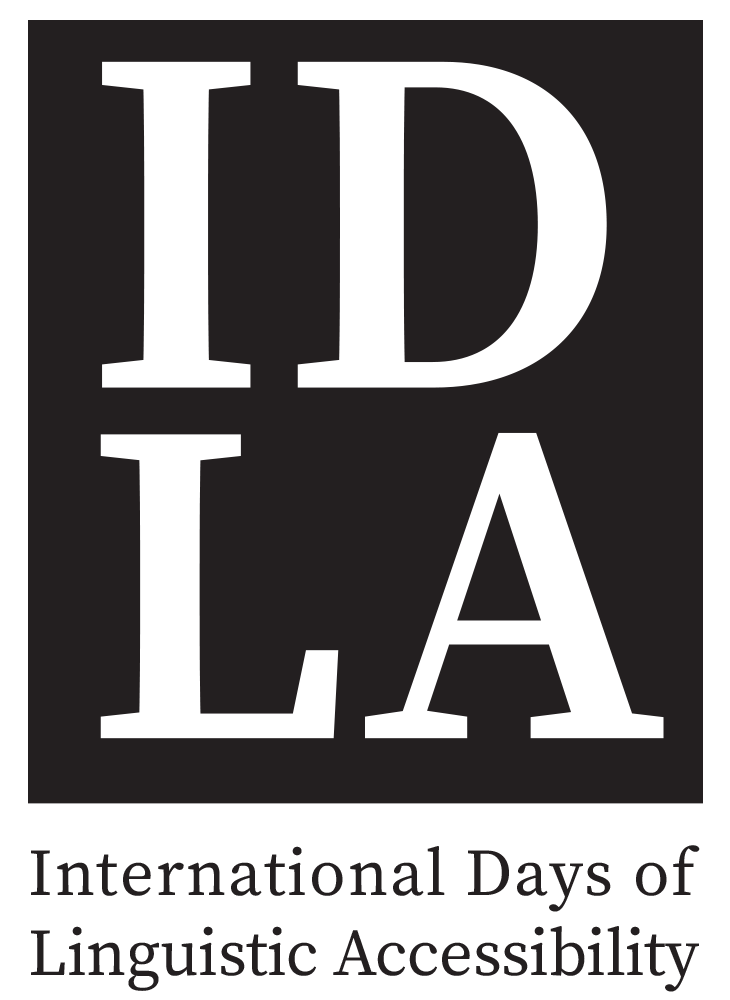What is linguistic accessibility?
It is everyone’s basic right to understand and be understood regardless of the person’s linguistic background. This can be supported by linguistic accessibility means. Linguistic accessibility in services and environments is fulfilled, when a person understands and is being understood and when both parts participating in the communication understand each other.
How can linguistic accessibility be promoted?
For the realization of linguistic accessibility, language-aware usage of language is of great help. Language awareness means being constantly and actively aware of what kind of language we and others use taking into consideration e.g. context, situation, linguistic characteristics, style and vocabulary. In a language-aware organizational culture, linguistic diversity is acknowledged and the importance of languages has been taken into account. (TTL 2023.)
The dimensions of language awareness are the acknowledgement of different languages, flexibility in the usage of different languages, and observation of attitudes towards language communities. Additionally, the management of a language-aware company takes care of the orientation of the working community to the impact of language. A language-aware employee aims to modify the own language use appropriately to the situation (e.g. plain language). In a language-aware working community, different language users and language situations, language related characteristics and texts are taken into account. Language-aware thinking is an appreciative and understanding view on different language and language styles. This also means, that the own linguistic choices must be estimated and revised according to the context and the situation.
By working in a language-aware way, obstacles that hinder attending and understanding at work can be removed. At the same time, the inclusion of a person that is learning the language of the working community will be fostered. Everyone can consciously choose the level of difficulty, explain, use easy language or a language that everyone understands. Additionally, everyone can support a language learner at work by actions that help them learning.
Linguistic accessibility can be fostered by many actions and methods. Good quality interpreting supports linguistic accessibility to the greatest extent. There are different situations in which interpreting is needed. Conference interpreting is needed in international seminars, conferences and meetings. Liaison interpreting is generally needed in e.g. discussions and interrogations between a client and a person that represents an authority (e.g. social- and health care). Liaison interpreting may also be needed in other situations. Court interpreting is needed in connection with matters concerning applications, administrative issues, disputes or criminal issues.
Moreover, many other skills and tools can be used in situations in which there is no shared language or if one of the involved persons is speech impaired. These skills and tools include sign-supported speech, pictures and items, drawing, touching, simplified language and bliss. Additionally, subtitling and multichannel can be utilized.
Who benefits from linguistic accessibility?
All participants taking part in the communication benefit from linguistic accessibility, because the aim of any communication situation is that all members understand each other and are being understood. A typical situation in which there is much use of linguistic accessibility is a situation in which one part uses the dominant language and in which the other part has linguistic challenges or is not a representative of the linguistic majority:
A person,
- whose mother tongue is not the dominant language of the country in which she/he lives
- that is learning the dominant language of country
- that has challenges to express themselves by language.
Moreover, everyone that has a connection to this person (e.g. family, friends and colleagues) need likewise linguistic accessibility knowledge and services. Additionally, all the people that this person encounters at work, during spare time or while visiting shops or agencies, benefit from linguistic accessibility skill, e.g.:
- employers that need workforce and that do not want language barriers prevent hiring good employees
- teachers and other employees in the teaching sector
- experts in the social and healthcare sector
- persons that work in official duties
- experts in organisational work järjestötyön asiantuntijat
- operators in the cultural and spare time sector





